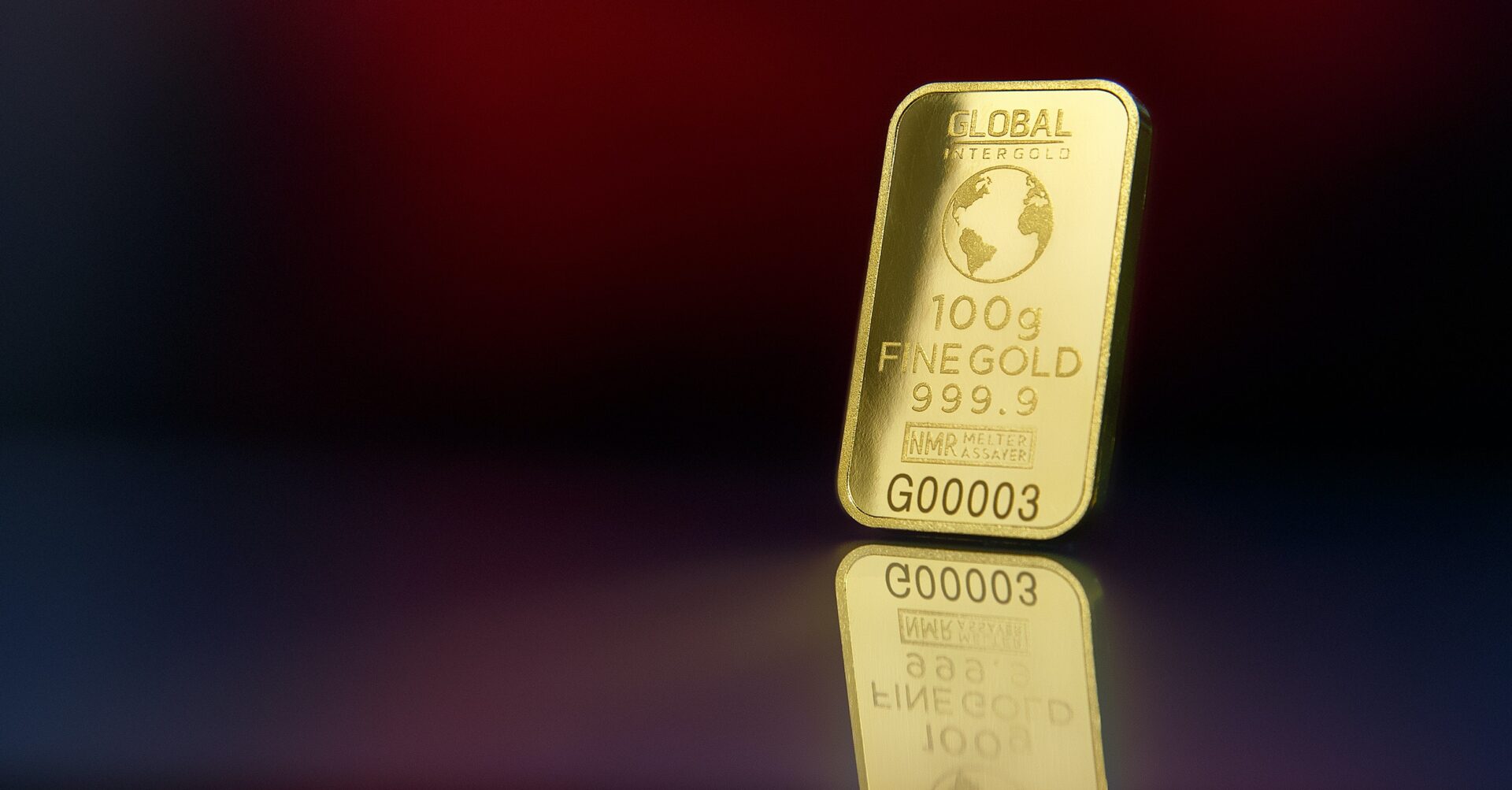What is THCA?
THCA, or tetrahydrocannabinolic acid, is a non-intoxicating cannabinoid located in raw marijuana plants. It is the precursor to THC (tetrahydrocannabinol), the psychoactive compound most frequently connected with the marijuana high. Unlike THC, thca flowers does not create psychoactive effects on its own. Rather, it has to undergo decarboxylation, a procedure that entails heating the cannabis to transform THCA right into THC.
Impacts of THCA
While THCA does not generate the intoxicating results frequently connected with THC, it still offers potential restorative advantages. Research suggests that THCA may possess anti-inflammatory, neuroprotective, and antiemetic buildings. In addition, some customers report experiencing subtle leisure and state-of-mind improvement when consuming THCA-rich products.
Additionally, THCA’s non-intoxicating nature makes it an enticing option for people looking for a remedy for symptoms without the euphoric high connected with THC. Clinical patients, in particular, might find THCA beneficial for managing problems such as persistent discomfort, swelling, and nausea.
Navigating THCA Flowers
THCA flowers, also referred to as raw or unheated marijuana buds, include high levels of THCA and marginal amounts of THC. These flowers are usually gathered earlier in the marijuana plant’s growth cycle to preserve the THCA material before it converts to THC through decarboxylation.
Consuming THCA flowers supplies a unique experience compared to conventional marijuana items. While smoking cigarettes or evaporating THCA flowers won’t generate the same psychoactive results as THC-rich varieties, users might still experience healing effects such as leisure and stress alleviation.
One popular technique of consuming THCA flowers is juicing. Juicing includes blending raw marijuana buds with other fruits or veggies to develop a nutritious drink. By taking in THCA in its raw kind, customers can access its full range of therapeutic advantages without the psychedelic results of THC.
Potential Advantages of THCA Flowers
The possible healing benefits of THCA flowers are diverse and may consist of:
Pain Relief: THCA exhibits anti-inflammatory properties, potentially effective for handling chronic pain problems such as arthritis and neuropathy.
Neuroprotection: Studies suggest that THCA may have neuroprotective impacts, offering prospective advantages for individuals with neurodegenerative problems like Alzheimer’s illness and Parkinson’s disease.
Antiemetic Effects: THCA has revealed promise as an antiemetic, suggesting it may help alleviate nausea or vomiting and vomiting, especially in cancer cell clients undergoing radiation treatment.
Mood Enhancement: While not psychoactive in the same way as THC, THCA might still add to the state of mind improvement and leisure, making it a beneficial choice for stress relief and state-of-mind problems.
Anti-inflammatory Residences: THCA has been researched for its anti-inflammatory impacts, which might benefit individuals with inflammatory problems such as inflammatory digestive tract disease (IBD) and rheumatoid joint inflammation.
Misconception: THCA Flowers Have No Healing Worth
One widespread myth surrounding THCA flowers is that they lack vital value because of their non-psychoactive nature. However, studies recommend otherwise. THCA possesses a variety of possible health benefits, including anti-inflammatory, neuroprotective, and antiemetic properties. In addition, some studies suggest that THCA may have analgesic effects, making it useful in treating pain without the envigorating impacts connected with THC.
Misconception: THCA Flowers Are Much Less Powerful
Another misunderstanding is that THCA flowers are less powerful compared to THC-rich selections. While it holds that THCA itself is non-psychoactive, the potency of THCA flowers hinges on their possible healing results instead of their psychoactivity. Additionally, THCA-rich stress typically boasts robust cannabinoid and terpene profiles, contributing to their overall potency and efficacy. For customers looking for medical benefits without the high, THCA flowers offer an engaging choice.
Misconception: THCA Flowers Are Only Ideal for Raw Consumption
Some believe THCA flowers are only appropriate for raw usage, such as juicing or integrating into salads. While eating raw marijuana can indeed give the benefits of THCA without psychoactivity, there are various methods to delight in THCA flowers while still opening their therapeutic possibility. Approaches such as tinctures, topicals, and sublingual administration preserve THC’s non-psychoactive homes while enabling specific applications and targeted applications.
Mistaken Belief: THCA Flowers Are Illegal
There is a false impression that THCA flowers are illegal because of their association with cannabis. However, the validity of THCA flowers relies on the territory and the guidelines bordering marijuana and its derivatives. In areas where medical or entertainment cannabis is legal, THCA flowers may be offered with accredited dispensaries or growing facilities. Customers need to familiarize themselves with local regulations and policies concerning marijuana products.
Aspects Influencing THCA Web Content and Results
Numerous factors can affect the THCA web content and total effects of THCA flowers:
Genes: The hereditary makeup of marijuana pressures plays a considerable duty in establishing their cannabinoid profile, consisting of THCA content.
Cultivation Practices: Variables such as growing problems, nutrient degrees, and collecting techniques can influence the concentration of THCA in cannabis plants.
Storage space and Handling: Appropriate storage space and handling of THCA flowers are essential for maintaining their strength and quality gradually.
Private Sensitivity: As with any marijuana product, individual levels of sensitivity to THCA can differ, affecting the regarded impacts and total experience.
Cannabinoid Composition
The cannabinoid composition of THCA flowers is characterized by high levels of THCA and fairly low degrees of THC. Unlike dried-out and treated cannabis flowers, which were generally taken in for their psychoactive effects, THCA flowers supply a non-intoxicating alternative. Together with THCA, these flowers may also consist of various other cannabinoids, such as CBD (cannabidiol), CBC (cannabichromene), and CBG (cannabigerol), each with its own potential therapeutic homes.
Verdict
THCA flowers offer a fascinating glance right into the therapeutic potential of cannabis past its psychedelic residential or commercial properties. By understanding the scientific research behind THCA and its effects on the body, people can make informed decisions about incorporating THCA-rich products into their wellness regimens. Whether seeking relief from discomfort, inflammation, or nausea or simply aiming to improve overall wellness, THCA flowers are a compelling choice in natural medicine. As research studies into cannabinoids continue to expand, the full scope of THCA’s benefits may become even more evident, paving the way for new advancements in cannabis-based therapies.



